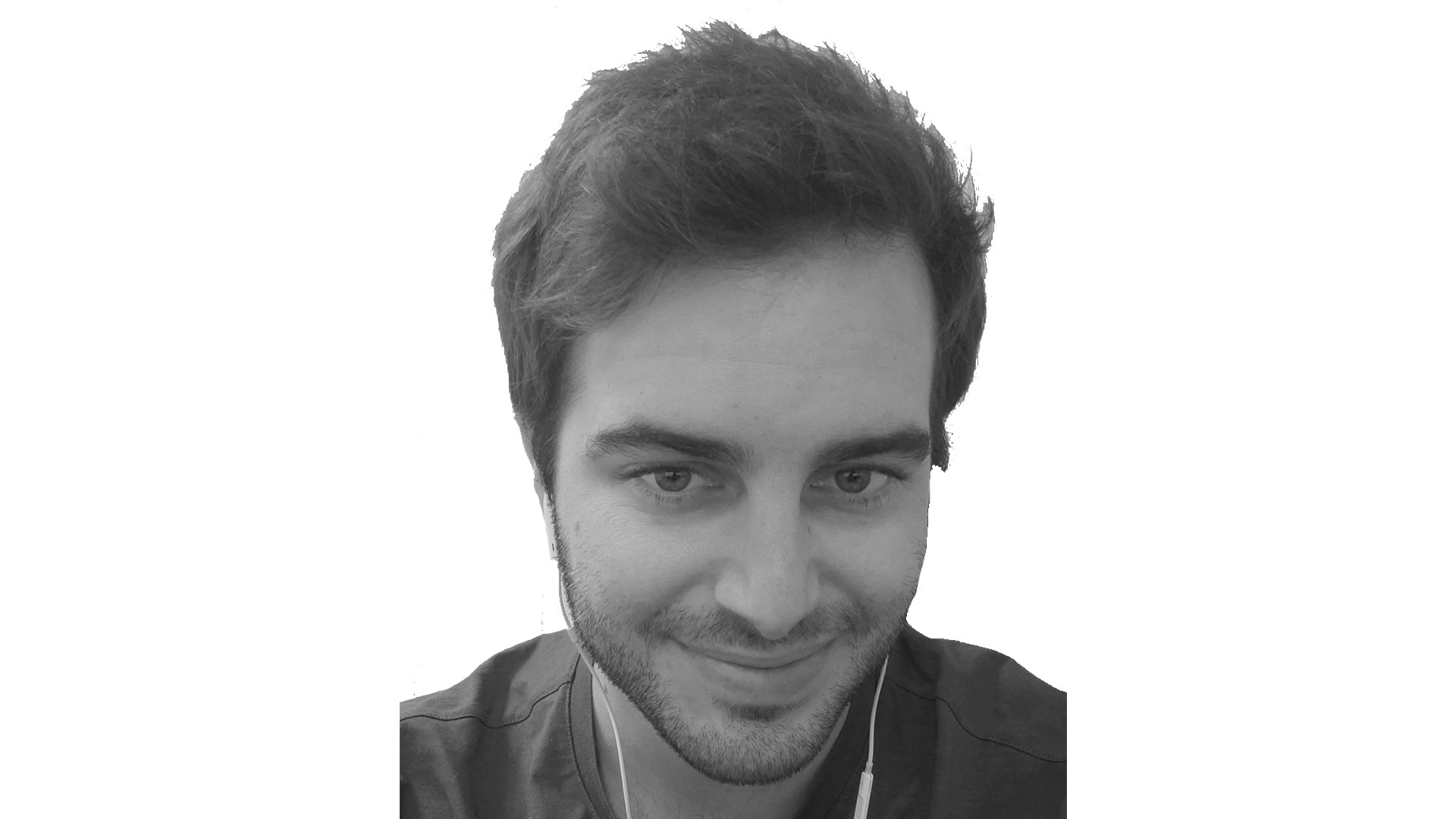Hi-Fi Rush director talks shadow-dropping a Bethesda hit five years in the making
How the game's "incredibly scary" reveal paid off for Tango Gameworks
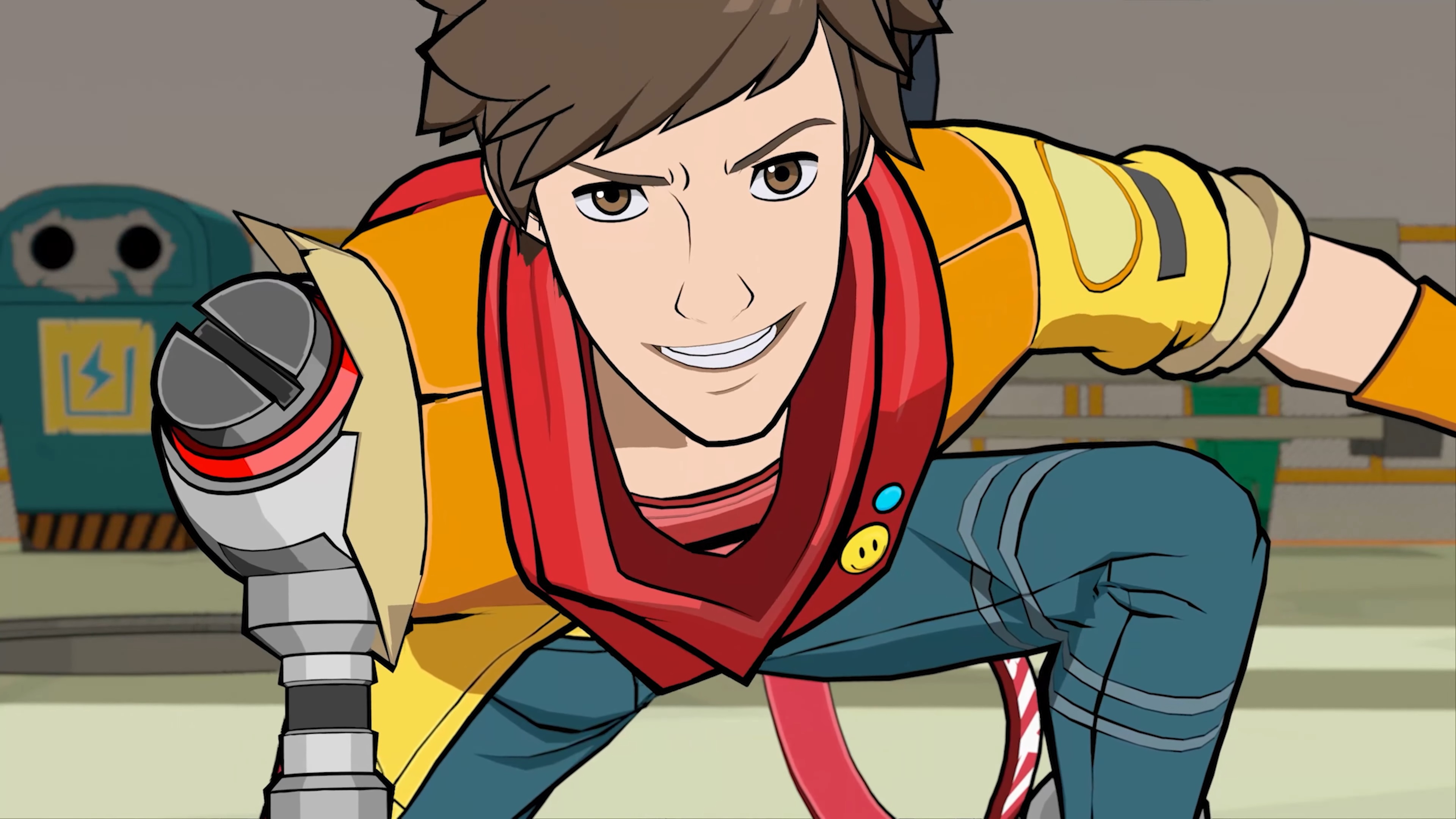
Nothing about the story behind Hi-Fi Rush makes any sense. A rhythm-based action brawler from a studio known for its horror games, published by Bethesda Softworks and shadow-dropped at an Xbox event after five years in development and virtually zero leaks. That just doesn't happen anymore, and it turns out Hi-Fi Rush director John Johanas is as surprised as anyone by the game's airtight reveal – even though it took years of effort to ensure it was just that.
"We kept asking ourselves, 'What can we do to make this not leak?'" Johanas tells us. "It became a very frustrating, yet complicated affair of making sure we talk to the right people and making sure we put tons of warnings. But it's also bizarre – because so many people worked on it and so many people's hands were on it – that it didn't leak. We were at the office, checking every morning. We're like, searching 'Hi-Fi Rush' on Twitter making sure people weren't talking about it. I don't even know if us searching the name so much contributed to something."
A minor miracle
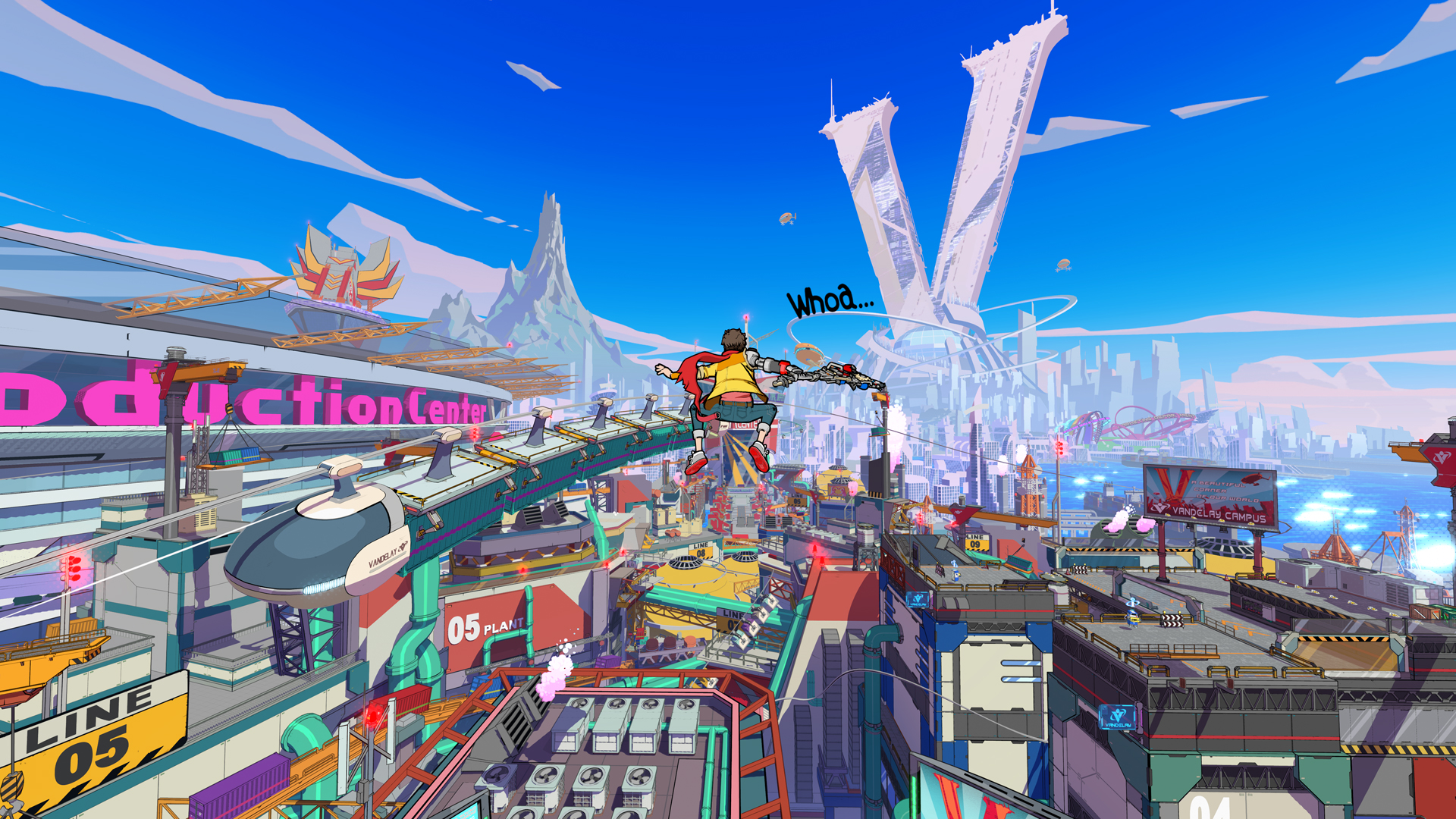
None of this is to say the developers at Tango Gameworks simply lucked out. In fact, Johanas tells me the scope of people privy to Hi-Fi Rush's existence pre-reveal was incredibly limited, so much so that he suspects there were folks within Microsoft that didn't know about it ahead of time.
"I have to give credit to everyone who worked on this project," he continues. "I think it was incredibly professional in that they respected the project enough not to talk about it to the wrong people … I'm sure there's tons of people at Microsoft who were watching the presentation and saying 'There's another game in this thing?'"
Watching the reveal of Hi-Fi Rush during a recent Xbox showcase was like seeing a professional magician pull off their most daring trick. When Tango took the stage, most were expecting something thematically in-line with its pedigree – that is: dark, action-packed horror games or, at the very least, horror-adjacent titles like its most recent effort, Ghostwire: Tokyo. But instead of Ghostwire DLC or The Evil Within 3, or a whole new scary thing entirely, a trailer unveiled a cartoon world starring a kid who kicks robot butt in sync with rockin' beats.
As if that wasn't surprising enough, Hi-Fi Rush looked good – really good. And then at the end of the trailer, we learned Game Pass subscribers could go play this really good-looking game that we just learned about right that very second. A shiny new Xbox game from a prominent studio had fallen right into our laps and no one saw it coming. It was nothing short of a small miracle in a time where leaks are pretty much expected as part of a big release's development cycle, and the fact that the game quickly became an overnight sensation was yet another triumph that wasn't at all guaranteed.
Mikami the mentor
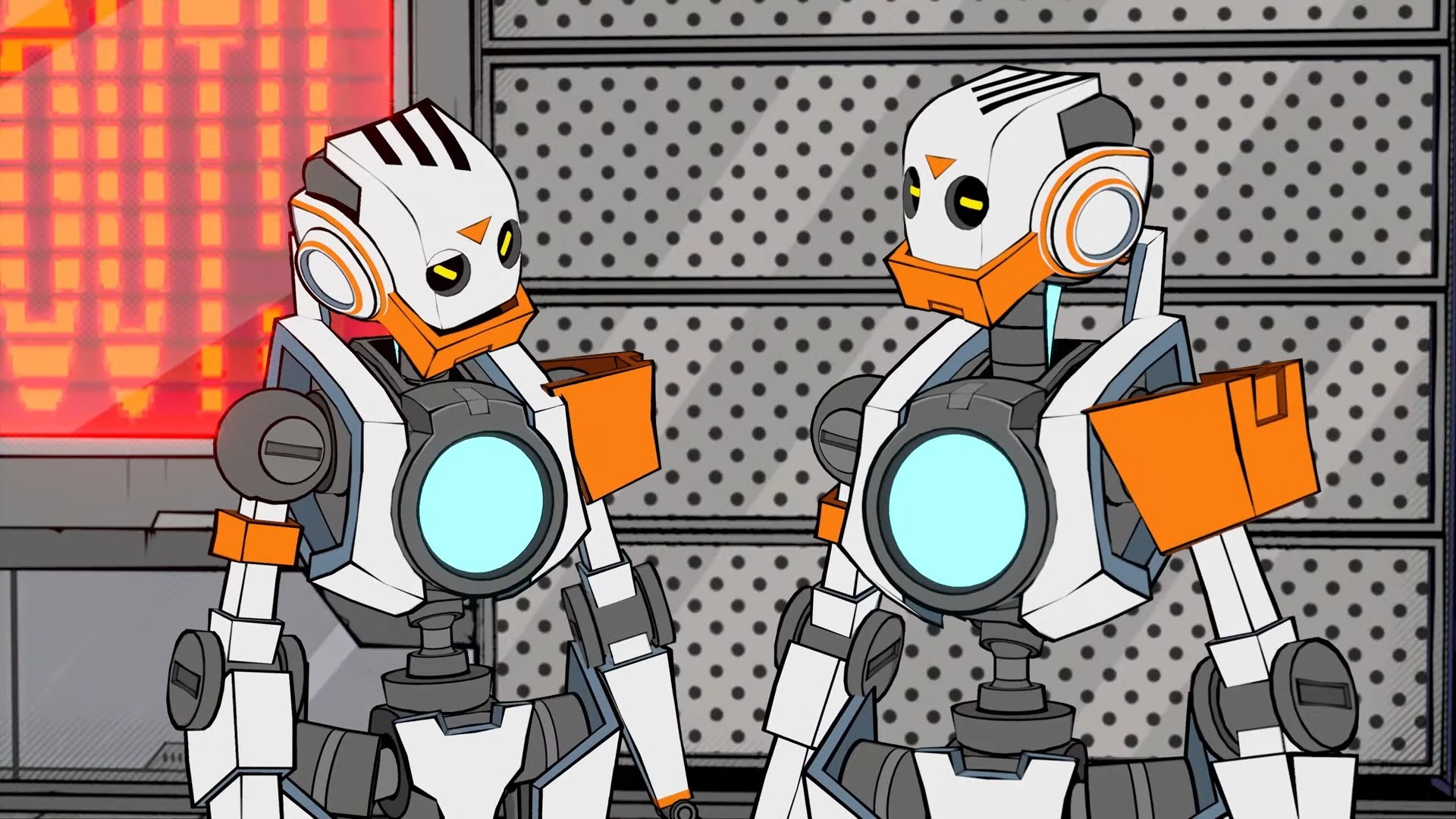
No doubt, Hi-Fi Rush forsaking years of potential marketing and hype for a surprise reveal was a risky choice, Johanas admits, but it undoubtedly paid off. For the director, two things made the concept for both the game and its reveal less of a gamble: he knew what he had made would be good, and he knew it was coming to Xbox Game Pass.
Weekly digests, tales from the communities you love, and more
"It was well-received by our internal teams," he says. "People saw it. They just wanted to play it. They saw the fun factor in it. Allowing it to shadow drop and then having people just go right into it – especially with Game Pass as an option – alleviates any theoretical misgivings or confusion over 'Can Tango make something that's not horror?'"
"Obviously from a dev angle, it's incredibly scary to be working on something for so long and not show it," he adds. "And there is a risk. There is a risk factor involved and you're so confident in your product that you wanna show it off, but at the same time, it's probably that confidence in the product that we could almost precalculate that it will spread by word of mouth because the quality is there and the quality is good. It was both nerve-wracking and at the same time when it did happen, it was overwhelming."
Imagine for a moment you're Johanas. A month ago, no one knew you'd been making a thing for almost five years, and now you're responsible for one of the most popular Xbox games of the year. The experience is sure to be different for every developer involved, but for Johanas, it was "like going from zero to 100 in three seconds."
"It's like a whiplash effect," he says. "We were extremely confident as a team. Obviously I'm the director, so I'm like, 'I think we nailed what we wanted to do'. Team members in general were still a little bit 'is it gonna work?' But it is really fun to play and it's really cool to see the reaction … it's indescribable, because it just proved that the vision that we had in the beginning was correct, but also for the team members who worked so hard on it and put all the effort into it."
Of course, none of this would've been possible if Johanas hadn't worked up the courage to pitch his wild card idea to famed horror maestro and Tango Gameworks founder Shinji Mikami. Neither would it have happened if Johanas and Mikami enjoyed anything less than a trusting, mutually respectful professional relationship.
"I think he always saw the potential there," he says. "And he's like, 'let's give it a try'. And I think he saw that I had a very strong passion or at least an idea for how it should work. So he's like, 'why don't we give this a try? Let's make a prototype of it and see how it works out'. And he would come and he would test that prototype. And then he finally saw what we were going for.
"And then when we were going further in development, he would jump in and say 'I think this is maybe a little bit easier if you do something like this'. But then the further we got, the more it was very clear that we knew what we were aiming for and what we were doing, and he really acted as a mentor in that sense," says Johanas of Mikami. "If we had trouble, we would go. But he was kind of hands off in that respect. He trusted the team's vision and ability to get us to our goal."
It was both nerve-wracking and at the same time when it did happen, it was overwhelming.
Hi-Fi Rush director John Johanas
Wait, but why?
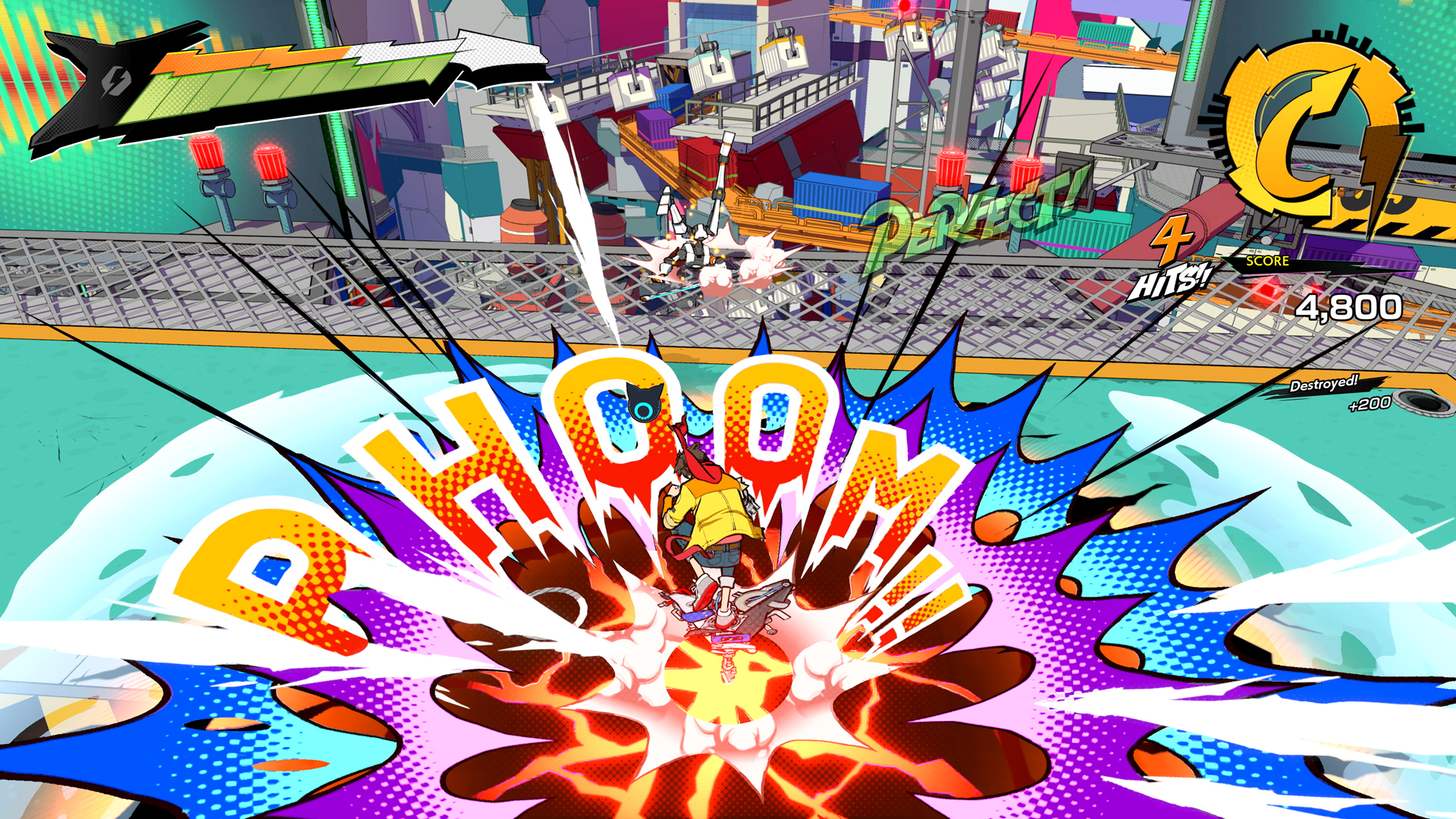
These insights add a lot of clarity into just how Hi-Fi Rush came to be, but it's fair to wonder why Tango Gameworks decided to skip the ghosts and grotesque killer creatures for bouncin' beats, joking robots, and talking feline companions. According to Johanas, there's no easy answer, and I suppose in retrospect it's a bit like asking why someone's in the mood for Chinese food instead of pizza. Apparently, Tango had simply eaten enough pizza.
"You almost need a palette cleanser," he says. "There's a lot of joking around in the office and we'll say 'Oh, it'd be funny if we did this, but we're in this Evil Within world, we're constricted. It has to be realistic in some ways. And Hi-Fi Rush just felt right. It was an idea that I had for a long time and I put it together and then I basically pitched it as like, 'this is like a long shot that Bethesda will never approve, but I'm just gonna put this out here.'"
"And I think it was something that even Mikami-san felt, because from starting Tango Gameworks, it wasn't started to be a strictly horror studio, and he's been very vocal about that, that we've been wanting to make new ideas," he continues. "I think, for him, It looked like a breath of fresh air, and for me personally, it was something that I wanted to do, but also was a breath of fresh air. And I think that I felt that there were a lot of people on the team that would also appreciate a change of pace once in a while."
Being a horror fan who admittedly wasn't sold on Hi-Fi Rush initially but ultimately fell in love with it myself, I ask if Johanas still feels the same spark for the spooky as he used to. He tells me "it'll always be there." My heart swells as we gush about the new Dead Space, but he's understandably tight-lipped about what's next for Tango, especially as the team is still riding high from Hi-Fi Rush's surprise launch when we speak.
"We've done something that's kind of like an original spin on something that people have seen before, where there's an action game or rhythm game, but I really think we excelled at that accessibility front," he says. "So if there's any trepidation in, in the sense of 'oh I don't have any rhythm skills, I can't play this game or I'm not a good action game player. I can't play this game or the art style seems kind of weird. It doesn't fit me.'"
"I just urge people to give it a try because most people who've played it have had an extremely positive experience with it," he adds. "It's very accessible. It makes you feel like you know what you're doing, even if you don't. It's almost like an entry point if you then want to go into other rhythm games."
Hi-Fi Rush is available now on Xbox Series X/S, Xbox One, and PC. Download it for free on Game Pass if you're subscribed.
After earning an English degree from ASU, I worked as a corporate copy editor while freelancing for places like SFX Magazine, Screen Rant, Game Revolution, and MMORPG on the side. I got my big break here in 2019 with a freelance news gig, and I was hired on as GamesRadar's west coast Staff Writer in 2021. That means I'm responsible for managing the site's western regional executive branch, AKA my home office, and writing about whatever horror game I'm too afraid to finish.
